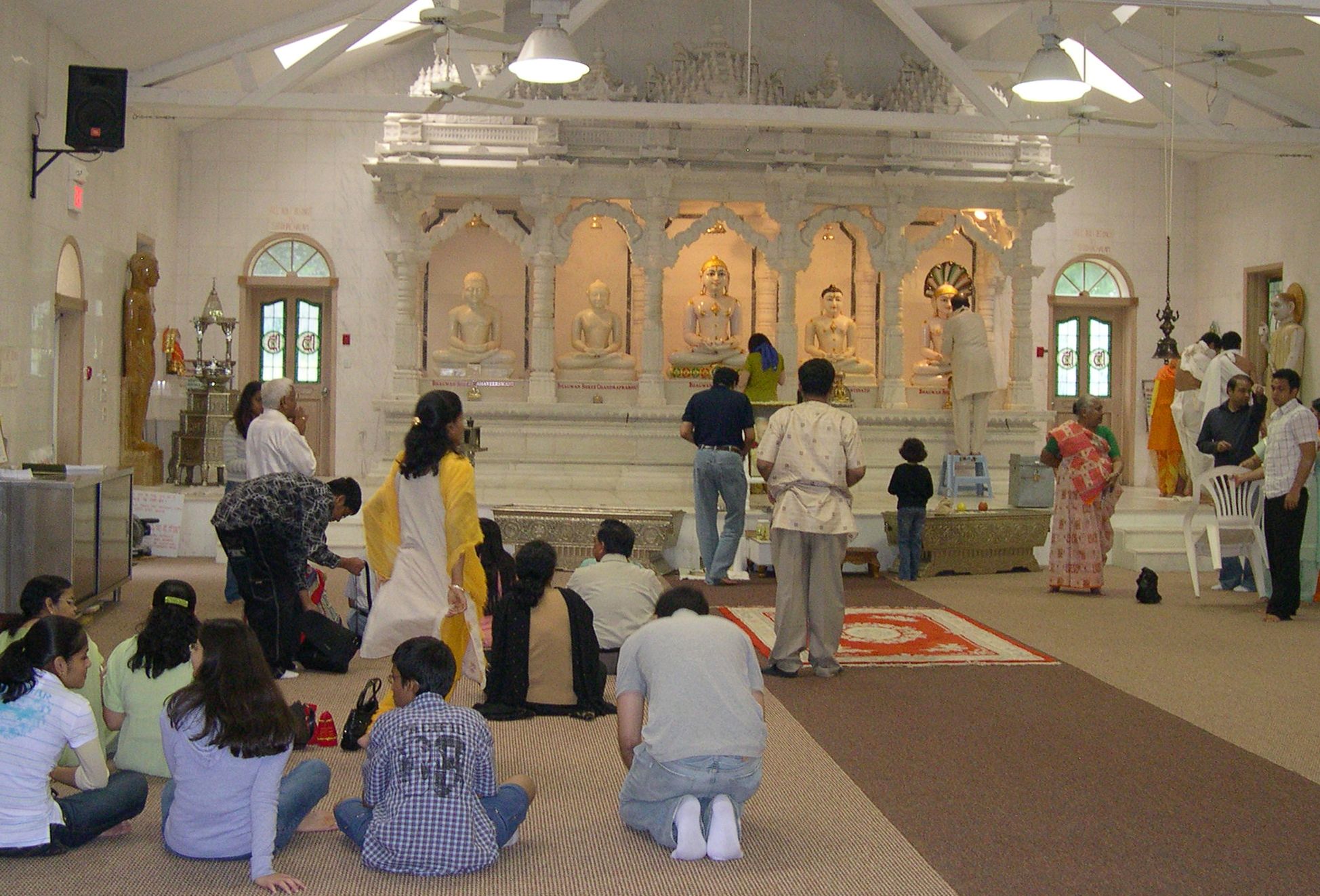
The pandemic has led Jainism to engage in greater community and social involvement, resulting in a renewed connection to India but also helping the religion transcend traditional caste and sect identities, writes Brianne Donaldson in the journal Nova Religio (January/February). Jain teachings are non-theistic and emphasize nonviolence toward all living beings. Many Jains saw the pandemic as a way to capitalize on their many members who work in medicine and engage in charitable work as a form of “transcultural social-political belonging,” Donaldson writes. In May 2020, over a quarter of the world’s six million Jains were estimated to have taken part in a global virtual event promoted by the Chief Minister of Gujarat, an Indian state with a large Jain population, and devoted to reciting almost a billion times a mantra thought to offer protection and cure illness. During the pandemic, Jain authorities and laypeople developed a perspective that explained Covid as caused by multiple factors, including self-inflicted karma as well as natural forces beyond a person’s control. Well-known Jain confessional sutras were repurposed for the pandemic and the crisis itself was seen as providing a global “reset” for the movement, allowing it to put its ideas about ecological harmony and greater interfaith cooperation into action.

Main shrine at Siddhachalam Jain center in New Jersey in 2009 (Malaiya, Wikimedia Commons).
Literature from the movement shows Jains collaborated with non-Jain ministries and efforts to address the crisis. Donaldson adds that the pandemic also helped blur sectarian identities and build new intergenerational ties among Jains, as could be seen in collaborative vaccine efforts and international fundraising for India’s second Covid surge. Although Jains in India are identified by different castes and sects, Covid has given Jainism a more universal presentation, taking cues from Jains in diasporas, particularly North American Jains who downplay sectarian and caste differences. Donaldson notes that the movement offered many activities online during the pandemic, including the religion’s annual forgiveness recitation ritual known as Pratikramana, and this will likely continue in some form.
(Nova Religio, https://online.ucpress.edu/nr)